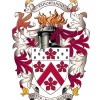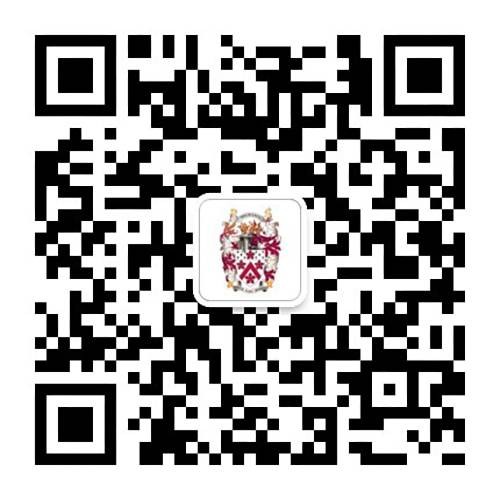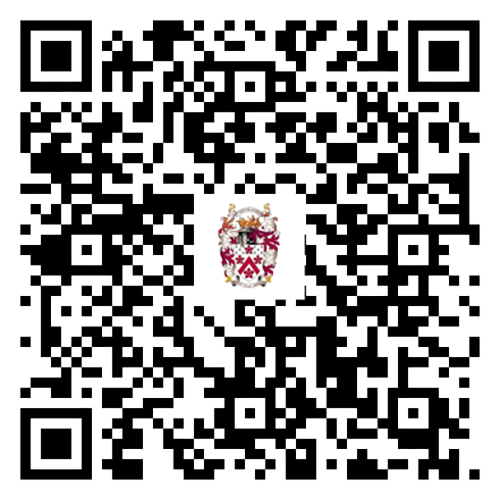Cultivating future creators in DUCKS STEAM classes

Step inside the newly built DUCKS Hub, and you will find Dr Ella Yankelevich (or Dr. Y, as she is better known by students and parents), our Educational Technology and Multimedia Specialist, guiding a group of six- and seven-year-olds on a seemingly simple yet profoundly meaningful task: building a tower ‘as tall as possible’ using KEVA Planks. The tower repeatedly topples, and the children repeatedly start over, their eyes not showing frustration but focus and curiosity.

We are not teaching them how to succeed in building the tower; we are teaching them how to face failure.
At Dulwich Pudong, from the early years foundation stage onwards, we integrate STEAM (an amalgamation of Science, Technology, Engineering, Arts, and Mathematics) into the daily curriculum – and here, learning precisely begins with ‘failure’.

Technology and Literacy
The school is in no rush to place tablets or coding tools into the children's hands. The first lesson is about becoming responsible, conscious 'digital citizens'. Children learn to understand what screen time is and why it needs to be balanced with the real world – even if they are only four years old.
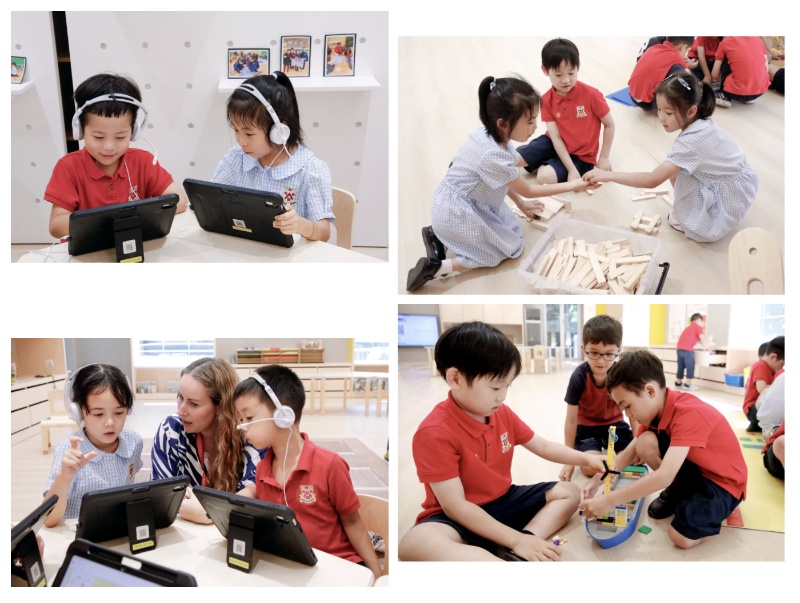
What truly excites the children, however, is the abundance of hands-on, ‘screen-free’ practical sessions. From design thinking to computational thinking, the curriculum is largely delivered through games, crafts, and group collaboration. Using materials from paper, tape, and blocks to LEGO bricks and even recycled items, children complete projects. They learn to define a problem, interview a 'user', draw sketches, and build prototypes, which they then refine through testing, feedback, and iteration. Throughout this process, the teachers act as facilitators rather than instructors, using probing questions to help children grasp key concepts: symmetry, structural integrity, and even foundational algorithmic logic and user needs. This might sound abstract, but it is exactly what brings learning to life at DUCKS.

Failure is a Gift

The so-called 21st-century skills' - including communication, collaboration, creativity, and resilience - are no longer merely 'soft skills'; they are essential skills.
For example, in Year 1, the children explore the theme of 'toys'. These students are tasked with developing a toy with movable parts for their two-year-old younger peers. They must not only generate 20 to 30 ideas but also physically create prototypes. These are then tested by other teams or older students. When the toy falls apart or the glue proves insufficient, they learn to calmly analyse the problem and propose a solution: "I need a stronger adhesive."
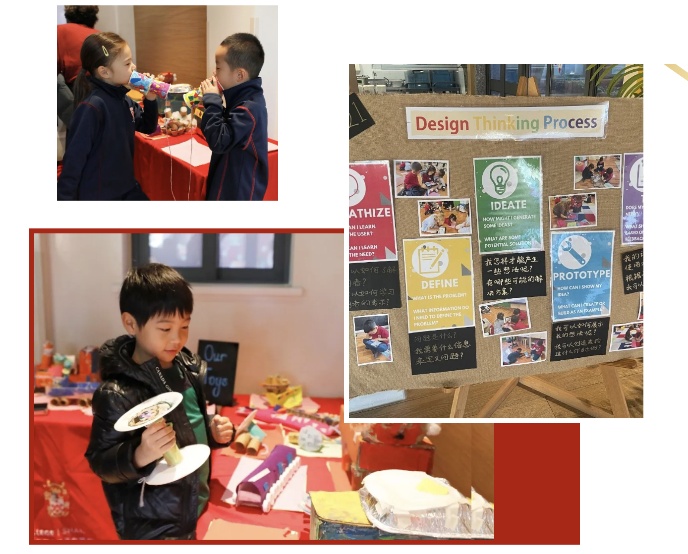
This philosophy of 'learning through failure' is a thread that runs throughout their education. From a very young age, children understand that the process is valued more highly than the outcome, and that iteration is superior to getting it right the first time. Almost unconsciously, they become accustomed to teamwork, receiving feedback, and continuous improvement. These are the very core qualities required of future innovators and change-makers.
Technology Empowers the Classroom
While screen-free activities are prioritised, technology is integrated into the classroom in an age-appropriate and empowering manner. Students use Scratch Jr to create animated stories, Pebble Go to research topics of interest and produce digital picture books, and Book Creator to transform their content into videos. They then share their creations with their families via the Seesaw blog (the home-school academic platform used at DUCKS) or through QR codes.
More importantly, the technology always serves expression and creation. A Scratch animation created by a student might tell the story of an adventure between an astronaut and an alien; a coding task is fundamentally a dual exercise in logical sequencing and narrative skills. The tools are not the end goal, but a bridge to realising their imagination.
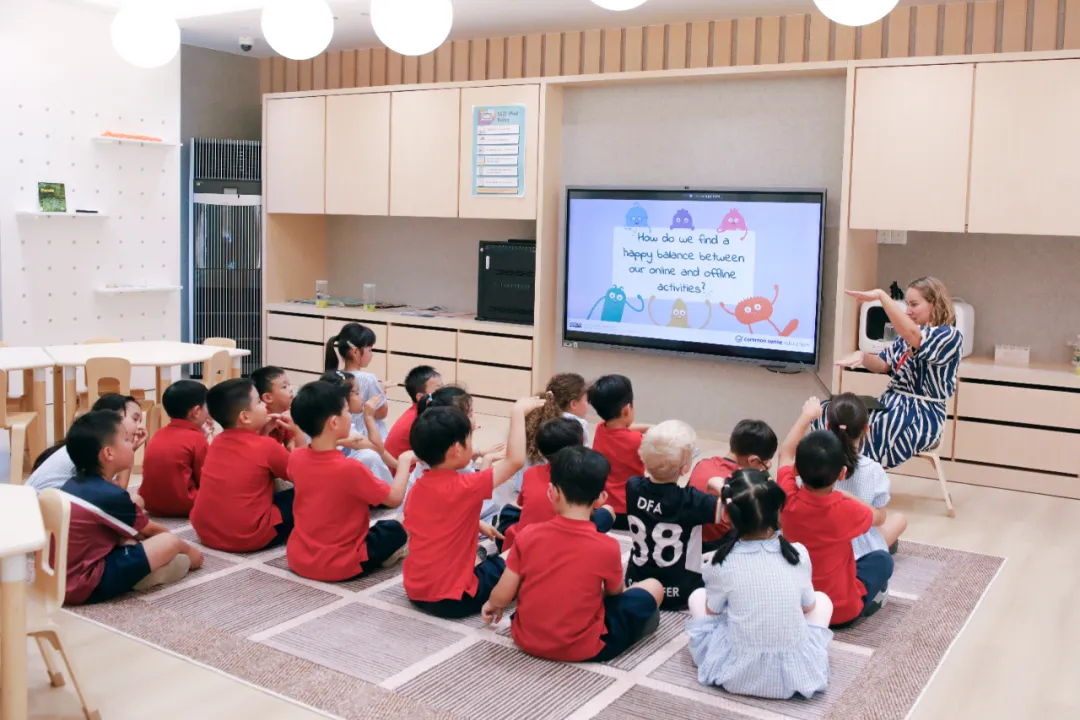
"The professions this generation will pursue may not even exist yet," Dr. Y points out. Consequently, the school places particular emphasis on laying the groundwork for future-ready literacy, with Artificial Intelligence (AI) being one of our key focuses.
From the age of four, students are gently introduced to AI applications under the guidance of their teachers. They learn not just how to use it, but also to understand its principles of operation and its societal impact. "They need to be able to both use it and to develop and improve it, because the future problem-solvers must be the shapers of technology, not merely its consumers."
Every week, children will inevitably stop Dr. Y in the dining hall or on the playground, eagerly asking, "What are we going to make this week?" For them, the STEAM classroom is about play, creation, and a long-awaited moment of exploration. The teachers, in turn, use this play-based learning approach to embed crucial competencies: they question, observe, and guide reflection, subtly planting the seeds of science and art as children build blocks, sketch designs, and debug programs.
"True success is not about avoiding failure, but about being able to get back up again and again, and in the process, developing one's own unique understanding and creativity." Dr. Y believes that at DUCKS, the key to early STEAM education is not merely the transmission of knowledge, but through gamified learning, allowing children to grow into future citizens who dare to imagine, dare to make mistakes, and dare to innovate through their own autonomous exploration.




